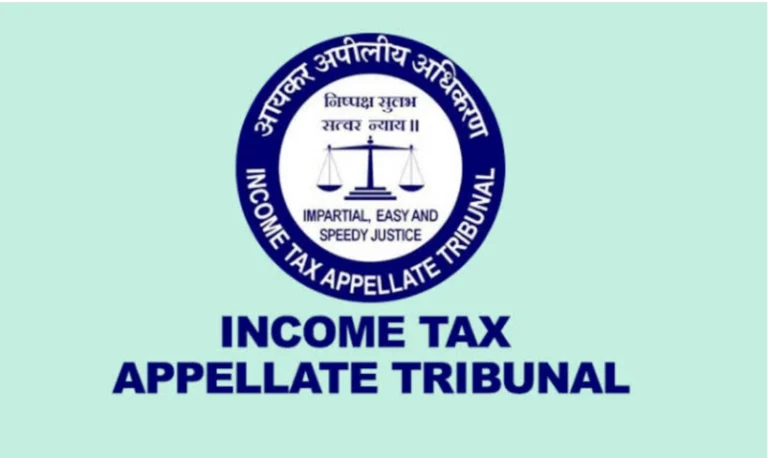In a significant relief to real estate developers, the Delhi Bench of the Income Tax Appellate Tribunal (ITAT) has ruled in favour of M/s Experion Developers Pvt. Ltd., holding that revenue authorities cannot make arbitrary ad-hoc disallowances of business expenditure when the assessee’s accounting method is consistent with the ICAI’s prescribed standards. The Tribunal emphasised that the Percentage of Completion Method (POCM) and AS-7, when properly applied, provide a valid basis for expense recognition even in years where no project income is booked. This ruling reinforces the principle that business expenditure incurred wholly and exclusively for business purposes is allowable under Section 37 of the Income Tax Act, regardless of the timing of revenue recognition.
Order Summary:
Experion Developers vs. ACIT (ITA No. 1367/Del/2017)
Bench Composition & Dates
Judicial Member: Shri C. N. Prasad
Accountant Member: Shri M. Balaganesh
Hearing Date: 5 June 2025
Pronouncement Date: 31 July 2025
Parties Involved:
Appellant: M/s Experion Developers Pvt. Ltd. (PAN: AACCG8138L), represented by Shri Rohit Jain and Shri Deepesh Jain, Advocates
Respondent: ACIT, Circle-8(2), New Delhi, represented by Shri Ajay Kumar Arora, Sr. DR
Background & Issue on Appeal:
Experion Developers followed the Percentage of Completion Method (POCM) per ICAI’s Guidance Note and AS-7 for real-estate project accounting. During AY 2012-13, no revenues were recognized due to incomplete projects. Total regular business expenditure was ₹16.18 crore, of which ₹6.47 crore was capitalized into work-in-progress and ₹9.70 crore was claimed as revenue expenditure in the Profit & Loss account.
The Assessing Officer (AO) deemed most of the ₹9.70 crore linked to incomplete projects and made a 90% ad-hoc disallowance (= ₹8.73 crores), allowing only 10%. The CIT(Appeals) confirmed this treatment. The sole issue before ITAT: whether the ad-hoc disallowance was justified.
Tribunal’s Analysis & Reasoning:
Accounting Compliance:
Experion’s allocation was compliant with ICAI’s AS-7 and Guidance Note. The AO did not dispute the accuracy of books or the business nexus of the expenditure.
Legal Precedents:
Virtual Soft Systems Ltd. vs. ACIT (404 ITR 409, SC) recognized the relevance of accounting standards in tax matters and that income need not be earned before claiming deductions under Section 37.
AB Multiplex Pvt. Ltd. vs. ACIT (Delhi Tribunal) held that expenses not directly linked to project work but claimed in P&L are allowable deductions—similar facts as in this case.
Consistency & Fairness:
AO’s initial allowance of 10% admission shows he acknowledged the business purpose behind the expenditure. The Tribunal found the 90% ad-hoc disallowance arbitrary.
Subsequent Assessments:
Experion offered project income in later years via POCM, and revenue accepted such claims in assessments up to AY 2022-23, indicating consistent, bona fide accounting practice.
Overall Findings:
The deductibility of ₹8.73 crore was in line with prior and subsequent years’ treatment and the essence of business practice. The Tribunal allowed the full amount.
Final Verdict:
The appeal was allowed in full—the ITAT overturned the ad-hoc disallowance and upheld the deductibility of ₹8.73 crore claimed as revenue expenditure. Order pronounced on 31 July 2025.
Why This Matters:
☑️Accounting + Tax Law Synergy: Reinforces that sound accounting standards like POCM and AS-7 can be persuasive in tax disputes.
☑️Precedential Value:
This judgment aligns with Supreme Court and Tribunal rulings, reinforcing fairness and consistency over arbitrary disallowances.
☑️Assessee Confidence:
Businesses adhering to established accounting norms can expect continued protection against retrospective revenue disallowance where projects remain unfinished.
